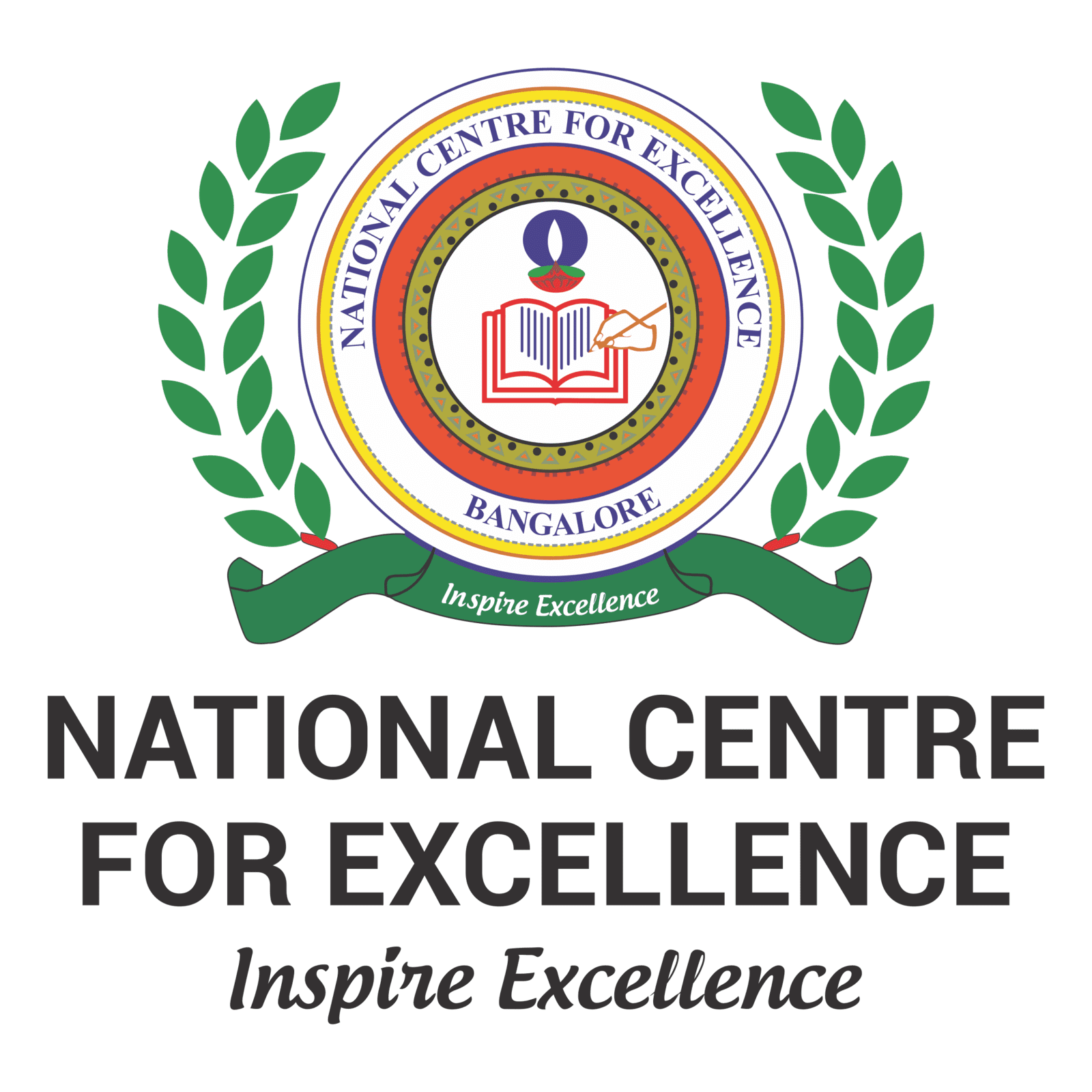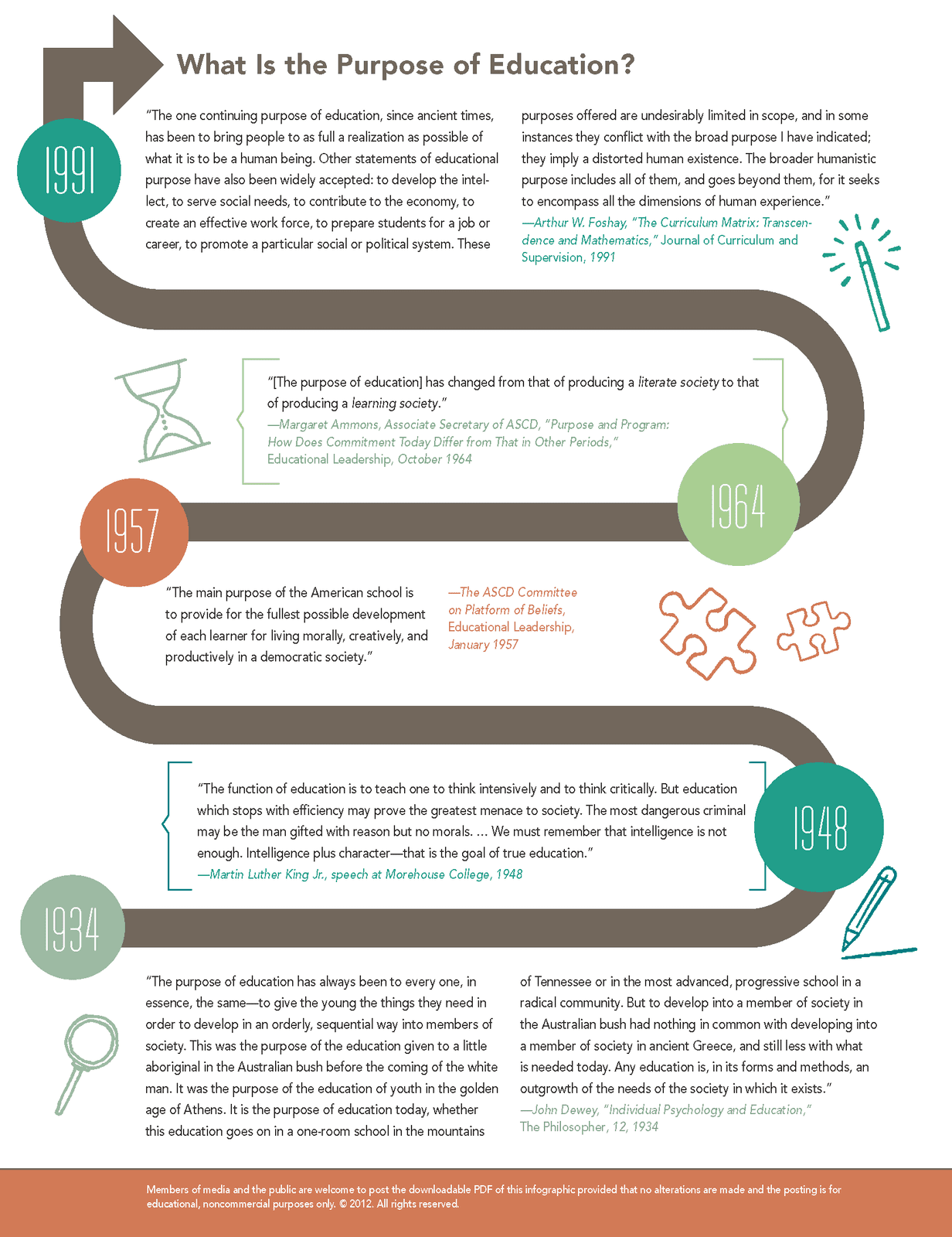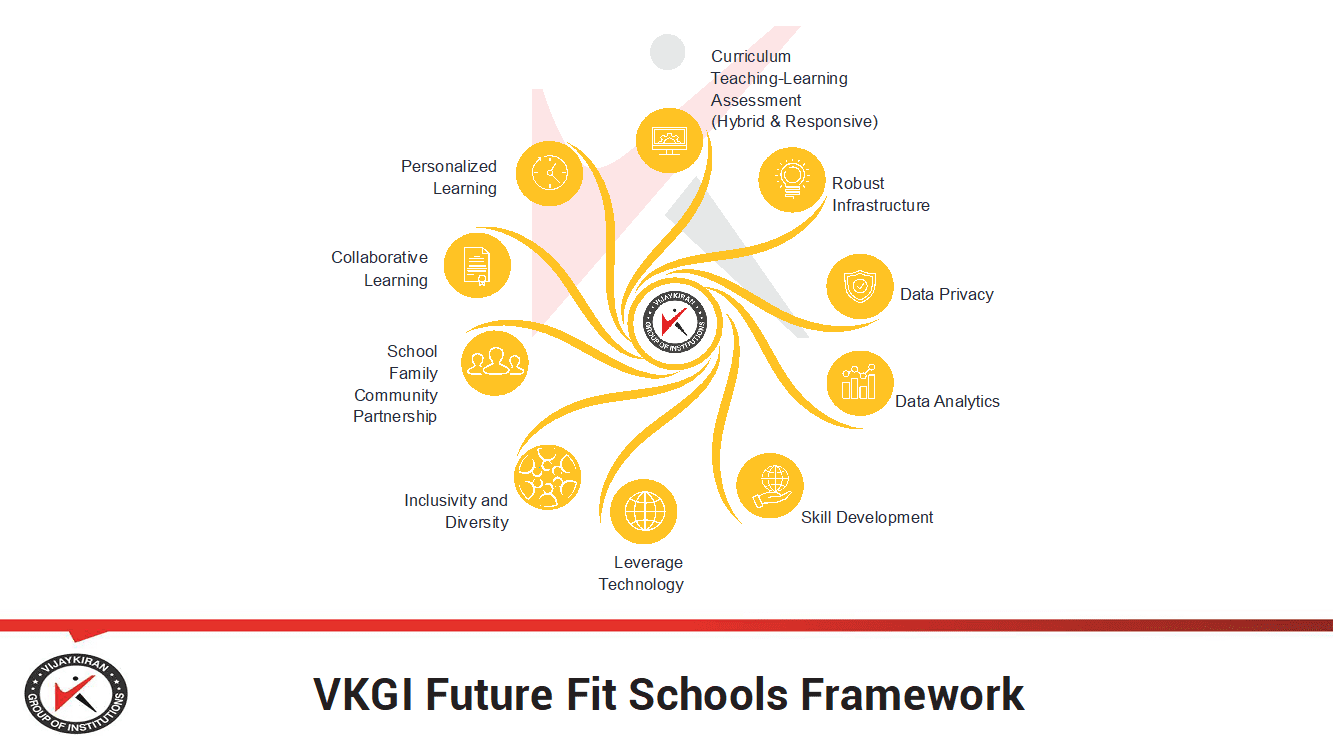Decoding the NEP for Parents 2.0.4
What is our purpose of Education?
Through this newsletter we will gain an insight into these areas and help parents understand the focus of education.
How would you define quality education that a school provides?
Schools are numerous and each school is well defined with their purpose however, what you as parents need to do is analyse if your child is being educated to be ‘future fit’.
Components of Future Fit education:
1. Student- Led Learning
Is the student a partner in education or is didactic learning that is practiced?
At NCFE, we believe in student- led learning that encourages students to –
- choose areas of study
- choice of assessments
- take on the teacher’s role to an extent as in flipped classrooms
- engage in designing assessments
- Integrity
- Use digital space safely with responsibility
- Ethical use of digital spaces
- Teacher and Student training
- Digital Citizenship
- Increased Confidence
- Acceptance of Diversity
- Improved Performance
- Well- rounded Citizens
- Improved Social- Emotional Health
- Increased Problem- Solving Skills
- Practice of Creativity and Critical Thinking Skills
How do we engage our classrooms to be collaborative?
- Group Projects
- Peer Learning
- Discussions
- Debates
- Role Play
- Problem Solving
- Case Studies
4. Innovative Pedagogy
With the changes galore in education, teachers are seen as agents of change. At NCFE, the Vijay Kiran Learning Centre helps in working on Continuous Professional Development for teachers.
Teachers are keen to learn new ways of student engagement and we ensure to keep them abreast with strategies of teaching- learning using technology.
5. Community Engagement
NCFE believes in a partnership with parents, the community, the teachers, and students. Education is not a silo compartment, and we extend services to orchestrate the above components of a child’s life.
Our ‘NCFE Connect’ programme helps us to reach individual children and solve problems collaboratively with the parent.
CSR activities help keep our students focused on the less privileged.
6. Life- Skills and Employability Preparation
Developing life- skills and work force preparation is the key foundation of education.
The Early Child Care Education at NCFE builds life skills from the foundational stage that include:
- Creativity
- Critical Thinking
- Communication
- Teamwork
- Cooperation and collaboration
- Resilience
Holistic Development, Personality Enrichment Programmes and Sports Activities besides academics subtly imbibe life- skills at all levels of education at our school.


